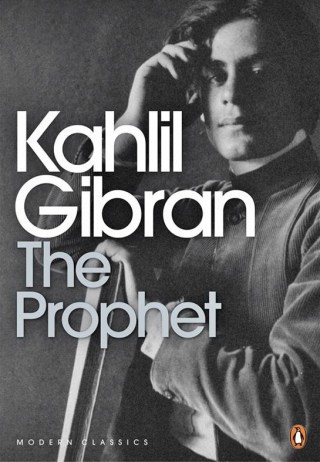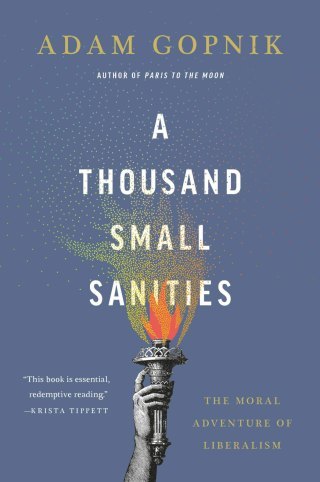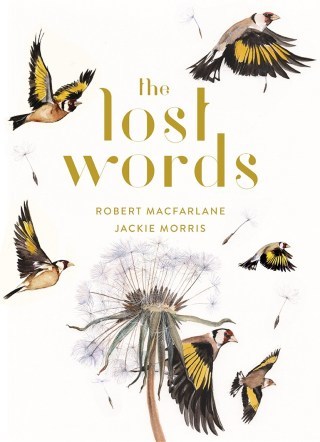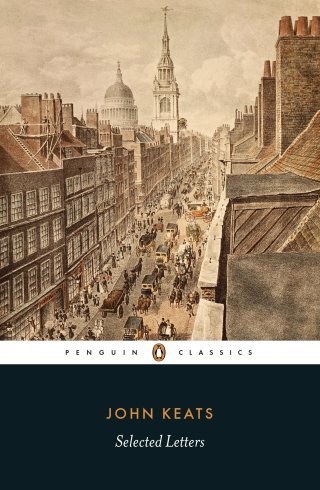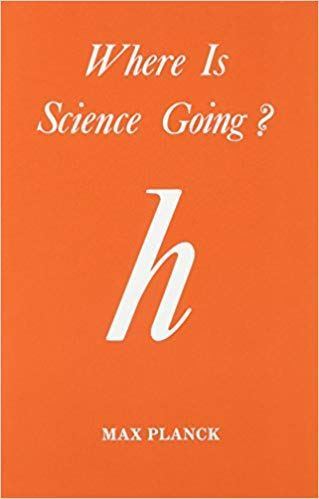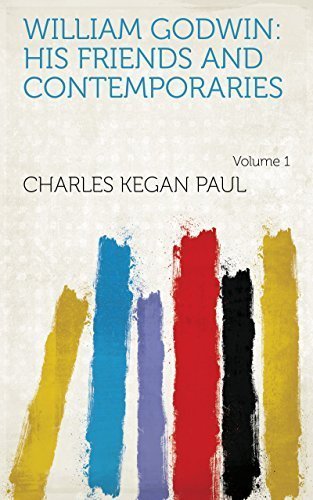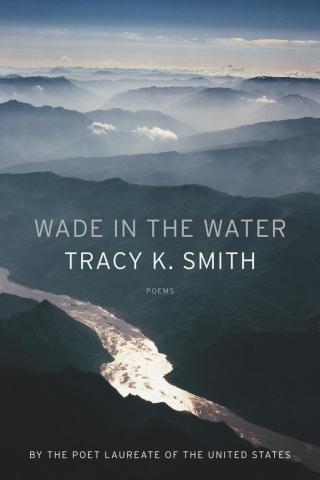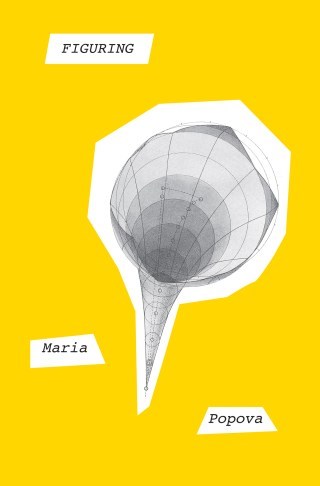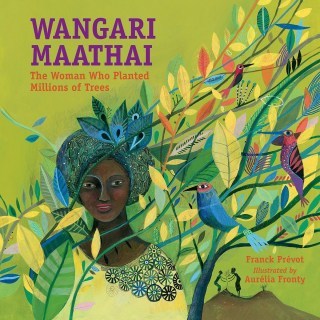Maria Popova's Blog, page 124
June 20, 2019
Kahlil Gibran on Friendship and the Building Blocks of Meaningful Connection
“We can count on so few people to go that hard way with us,” the poet Adrienne Rich observed as she contemplated the art of honorable human relationships on the cusp of the Internet revolution that furnished the commodification of the word friend. “Ponder for a long time whether you shall admit a given person to your friendship,” Seneca counseled two millennia earlier in his meditation on true and false friendship, “...
June 18, 2019
How John Stuart Mill and Harriet Taylor’s Pioneering Intimate Partnership of Equals Shaped the Building Blocks of Social Equality and Liberty for the Modern World
Half a century after the 18th-century political philosophers Mary Wollstonecraft and William Godwin pioneered the marriage of equals, and just as Ralph Waldo Emerson and Margaret Fuller were contorting themselves around t...
June 17, 2019
The Lost Words: An Illustrated Dictionary of Poetic Spells Reclaiming the Language of Nature
“Words belong to each other,” Virginia Woolf’s melodious voice unspools in the only surviving recording of her speech — a 1937 love letter to language. “In each word, all words,” the French philosopher Maurice Blanchot writes a generation later as he considers the dual power of language to conceal and to reveal. But because language is our primary sieve of perception, our...
June 13, 2019
Keats on Depression and the Mightiest Consolation for a Heavy Heart
“One feels as if one were lying bound hand and foot at the bottom of a deep dark well, utterly helpless,” Van Gogh described depression in a stirring letter to his brother. “The gray drizzle of horror induced by depression takes on the quality of physical pain,” William Styron wrote a century later in his classic masterwork g...
June 12, 2019
Relativity, the Absolute, the Human Search for Truth: Nobel Laureate and Quantum Theory Originator Max Planck on Science and Mystery
“The universe will always be much richer than our ability to understand it,” Carl Sagan wrote as he marveled at our relationship with mystery a century after Walt Whitman serenaded it in his poem “When I Heard the Learn’d Astronomer.”
Midway in time between Whitman and Sagan, another colossal mind clas...
June 10, 2019
Alexander Chee’s Lovely Letter to Children About How Books Save Us
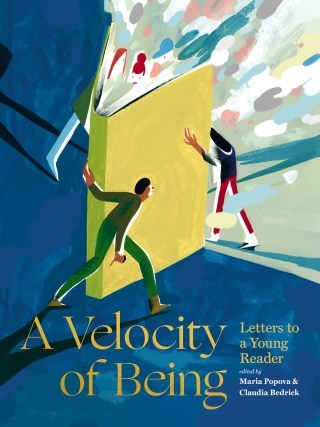
“A book must be the axe for the frozen sea inside us,” Franz Kafka wrote to his childhood best friend. For Alexander Chee, another writer of titanic talent, Kafka’s metaphor came alive in his own childhood when his family moved from Guam to America, relinquishing the warm seas of the South Pacific for the frozen seas of Maine in...
William Godwin’s Stunning 1794 Advice to a Young Activist on How to Confront the Status Quo with Self-Possession, Dignity, and Persuasive Conviction
In the autumn of 1793, the thirty-year-old West Indian political reformer Joseph Gerrald set out for Edinburgh as a delegate for a convention of British reformers gathering there to advance the then-radical causes of universal suffrage and annual parliaments. During the...
June 6, 2019
The Everlasting Self: U.S. Poet Laureate Tracy K. Smith’s Soulful Meditation on the Looping, Haunting Mystery of Being
“There is, in sanest hours, a consciousness, a thought that rises, independent, lifted out from all else, calm, like the stars, shining eternal,” Walt Whitman wrote as he contemplated identity and the paradox of the self — that all-pervading yet ever-shifting sieve of feelings, beliefs, values, memories, and sensibilities through which we experience the world, the locus of the central mystery of b...
June 5, 2019
The Conflicted Love Letters of Ralph Waldo Emerson and Margaret Fuller: How an Intense Unclassifiable Relationship Shaped the History of Modern Thought
“I had seen the Universe,” the revolutionary education reformer and entrepreneur Elizabeth Peabody recalled of first meeting the adolescent Margaret Fuller (May 23, 1810–July 19, 1850), who had already mastered Latin, French, Italian, Greek, and pure mathematics, and was reading two or three lectures in philosophy every morning just for mental discipline. “I am...
June 4, 2019
Planting Trees as Resistance and Empowerment: The Remarkable Illustrated Story of Wangari Maathai, the First African Woman to Win the Nobel Peace Prize
Walt Whitman saw in trees the wisest of teachers and Hermann Hesse found in them a joyous antidote to the sorrow of our own ephemerality. “The tree which moves some to tears of joy is in the eyes of others only a green thing which stands in the way,” William Blake wrote in his most beautiful letter. “As a man is, so he sees.”
Many tree-rings after Blake and Whitman and Hesse, another visionary turned to trees as an instrument of civil disobedience, em...

